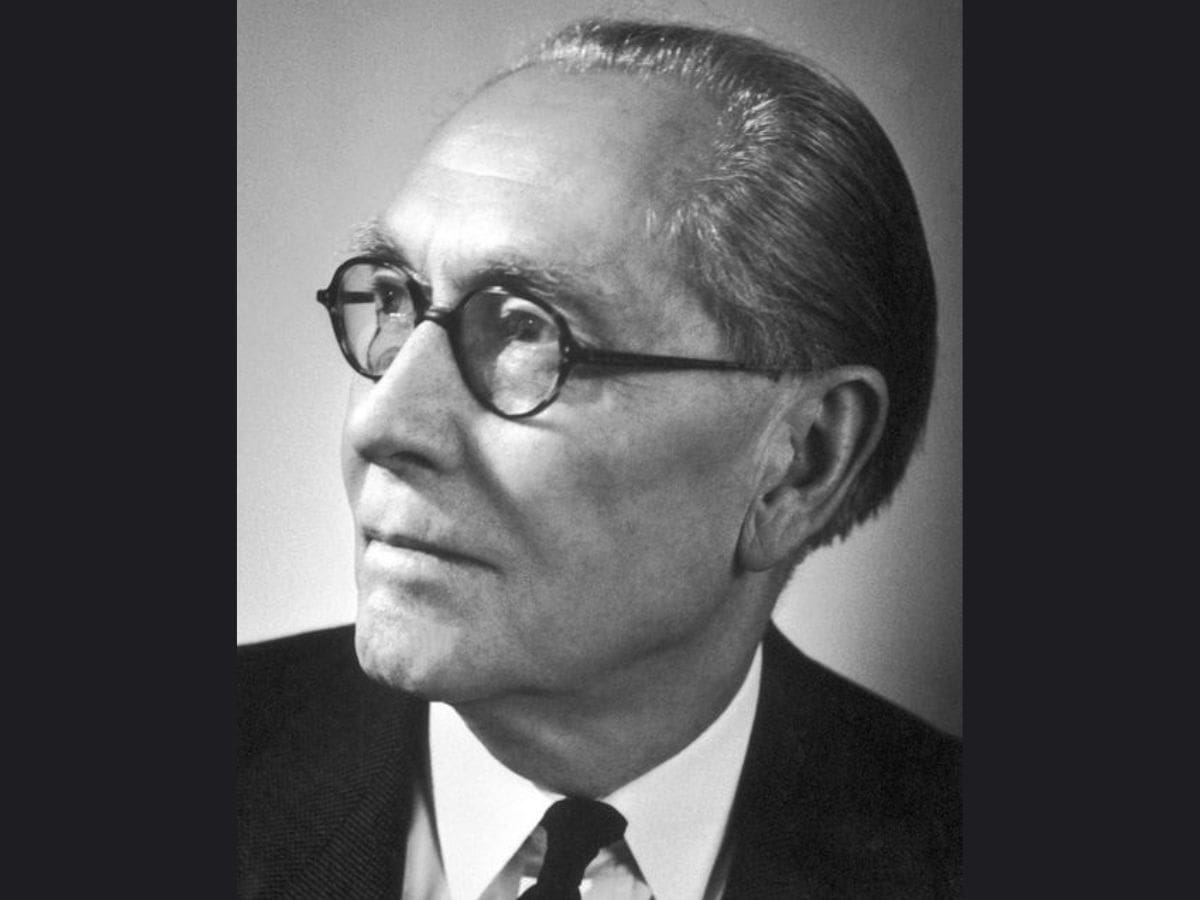
When we think of Nobel prize winners we visualise people with exceptional brains whose dedicated work in their respective fields finally fetches them the world’s most prestigious prize. When we think of Olympic champions our minds conjure up images of strong, agile players focussed only on sports.
But there was a man who had both brains and brawn and excelled in different fields although very few know about him. His name was Philip Noel-Baker and he passed away on this day (8th October) in 1982.
Not only did he win a silver medal in the Olympic Games in 1920, he was also honoured with the Nobel Peace Prize in 1959. He thus became the only man in history to attain two highly coveted prizes – a medal at the Olympic Games and a Nobel Prize. These two feats symbolise mankind’s highest ranked successes.
When he was born he was named Philip Baker and it was only after his marriage that he changed his surname to Noel-Baker. While studying history and economics at Cambridge University, he proved to be an excellent scholar. But he also became a very good athlete and was elected President of the University Athletic club.
He began to break British records in track and field, specialising in middle distance races. In the 1912 Olympics, he was selected to represent Great Britain and was given the honour of being the flag bearer for the British contingent. However he finished seventh due to an injury. The man who won that race was his Cambridge classmate Arnold Jackson.
In 1914 the first world war broke out and all sports activity came to a halt. After the war ended, Philip Baker was again selected for the 1920 Olympic Games. There he entered the final of the 1500 metre race. Philip’s main rival was another British athlete named Albert Hill.
The race turned out to be a very hard fight but at the end Hill won by a margin of less than one second. The contest between them turned out to be one of the best that was seen at the Games. But eventually Philip had to be satisfied with the silver medal.
After retiring from athletics he turned his energies to establishing groups that worked for peaceful resolution to conflicts. He used sports as a path to create friendships. He was a Quaker by faith so it was natural for him to take up the cause of peace.
He also entered politics, became a Member of Parliament in the UK for 36 years and held several important positions as a minister. His academic talent and his commitment to the cause of peace saw him being enlisted to work for Sir Eric Drummond who became the first Secretary General of the League of Nations after it was established in 1920.
But the second World War broke out in 1939. After the war had ended, Philip Noel-Baker used his power and influence to campaign strongly for nuclear disarmament and worked out peace treaties in various conflicts across the world.
He wrote many books about disarmament and peaceful methods of resolving conflicts. When the UNO was formed, he was given an important role in the UNESCO. “In an age when the atom has been split, the moon encircled, diseases conquered, is disarmament so difficult that it must remain a distant dream ?” he asked during a speech at the UNO.
His drive and commitment to bring about a society where people lived without war and hatred was hailed by many world leaders. In 1959 the Nobel Peace Prize committee finally recognised his dedicated work and honoured him with the Nobel Peace Prize.
But even in old age his love for sports continued. He played tennis after the age of 80. When he was 88, one more honour came to him. He was raised to the Peerage and came to be known as Lord Phillip-Noel Baker thereafter.
The man who had devoted his life to sports and peace, passed away at the age of 93. After his death a “Peace Park” was opened in North London. It honoured Noel-Baker’s memory and commemorated the victims of the atomic bombs dropped on Hiroshima and Nagasaki in 1945.



